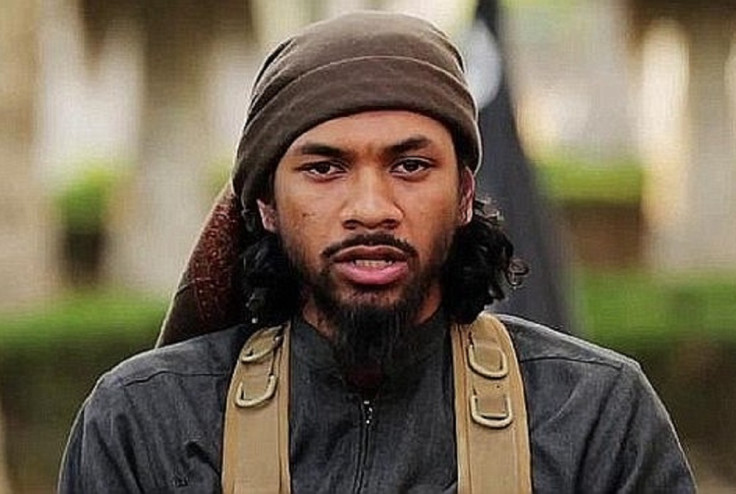War on Isis: Most senior Australian Daesh operative Neil Prakash reported dead

Australia's most senior Islamic State (Isis) recruiter - linked to an alleged plot to attack Anzac Day commemorations - has been killed according to Australian media. Neil Prakash, or better known by his nom de guerre Abu Khaled al-Cambodi was listed in an Isis (Daesh) guidebook as a point of contact for new recruits to the jihadist's brutal regime.
The former Melbourne resident of Cambodian heritage travelled to Syria in 2013 and has been wanted by the Australian federal police since August 2015 in connection with alleged plans to behead a police officer on Anzac Day. The day is used to commemorate Australia's war dead and 19-year-old Sevdet Besim, is facing four charges related to planning the alleged attack.
In the UK a 15-year-old boy was sentenced to a minimum of five years in jail for inciting Besim to carry out the terrorist attack.
As well as being the go-to man for fresh IS fighters he was prominent on social media platform Twitter asking in one tweet for the US to make him a martyr through a "paradise missile". But reports from the self-declared caliphate that bridges Syria and Iraq suggest he was banned from online activity by IS chiefs after the killing of three friends in Operation Inherent Resolve airstrikes.
According to the Melbourne Herald Sun, Prakash's death was posted on secure communications app known as Telegram, citing an IS member they said: "It was posted on Telegram," the member, who was not named, told the newspaper. "I did not know him, but I heard."
No further details were given on how he may have met his end. The office of attorney general, George Brandis, said the government "cannot confirm reports of the death of Neil Prakash at this time because of the serious security situation in Syria and Iraq".
In June 2015, the Australian government listed Prakash for targeted financial sanctions, which means anyone offering him "material support" could face 10 years in prison. At the time, Julie Bishop, foreign affairs minister told parliament he had "sought to commission violent terrorist acts, including in Australia, and to recruit others, including young Australian women and girls, to travel to Syria and Iraq to join the Daesh terrorists".
© Copyright IBTimes 2025. All rights reserved.






















